I was trying to create some basic inspec tests to validate a set of HTTP URLs. The way I started is like this -
control 'http-url-checks' do
impact 1.0
title 'http-url-checks'
desc '
Specify the URLs which need to be up and working.
'
tag 'http-url-checks'
describe http('http://example.com') do
its('status') { should eq 200 }
its('body') { should match /abc/ }
its('headers.name') { should eq 'header' }
end
describe http('http://example.net') do
its('status') { should eq 200 }
its('body') { should match /abc/ }
its('headers.name') { should eq 'header' }
end
end
We notice that the URLs are hard-coded in the controls and isn't a lot of fun. I'd like to move them to some 'attributes' file of some sort and loop through them in the control file.
My attempt was to use the 'files' folder structure inside the profile.I created a file - httpurls.yml and had the following content in it -
- url: http://example.com
- url: http://example.net
..and in my control file, I had the construct -
my_urls = yaml(content: inspec.profile.file('httpurls.yml')).params
my_urls.each do |s|
describe http(s['url']) do
its('status') { should eq 200 }
end
end
However, when I execute the compliance profile, I get an error - 'httpurls.yml not found' (not sure about the exact error message though though). The following is the folder structure I had for my compliance profile.
What I am doing wrong?
Is there a better way to achieve what I am trying to do?
